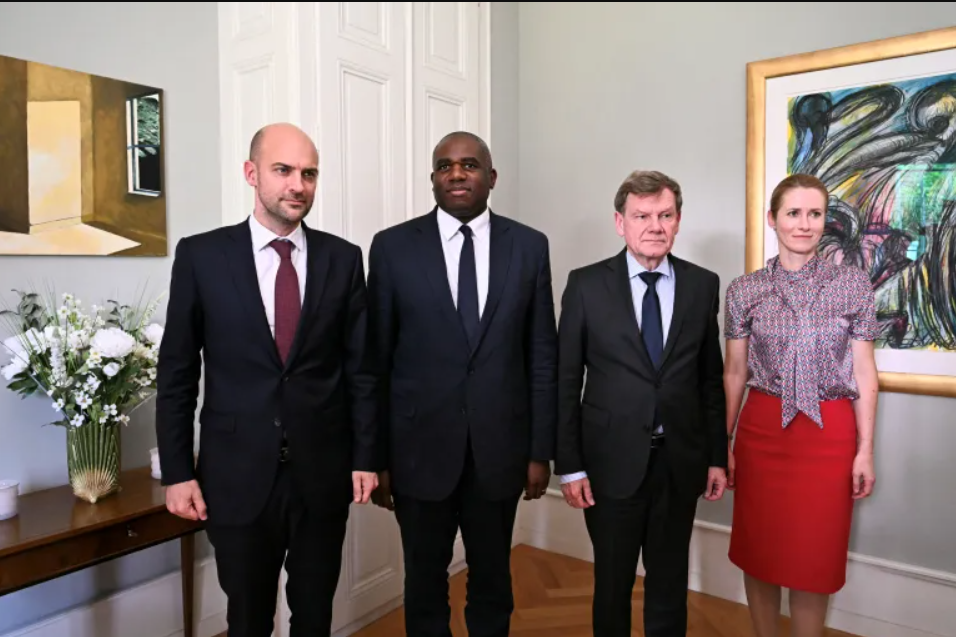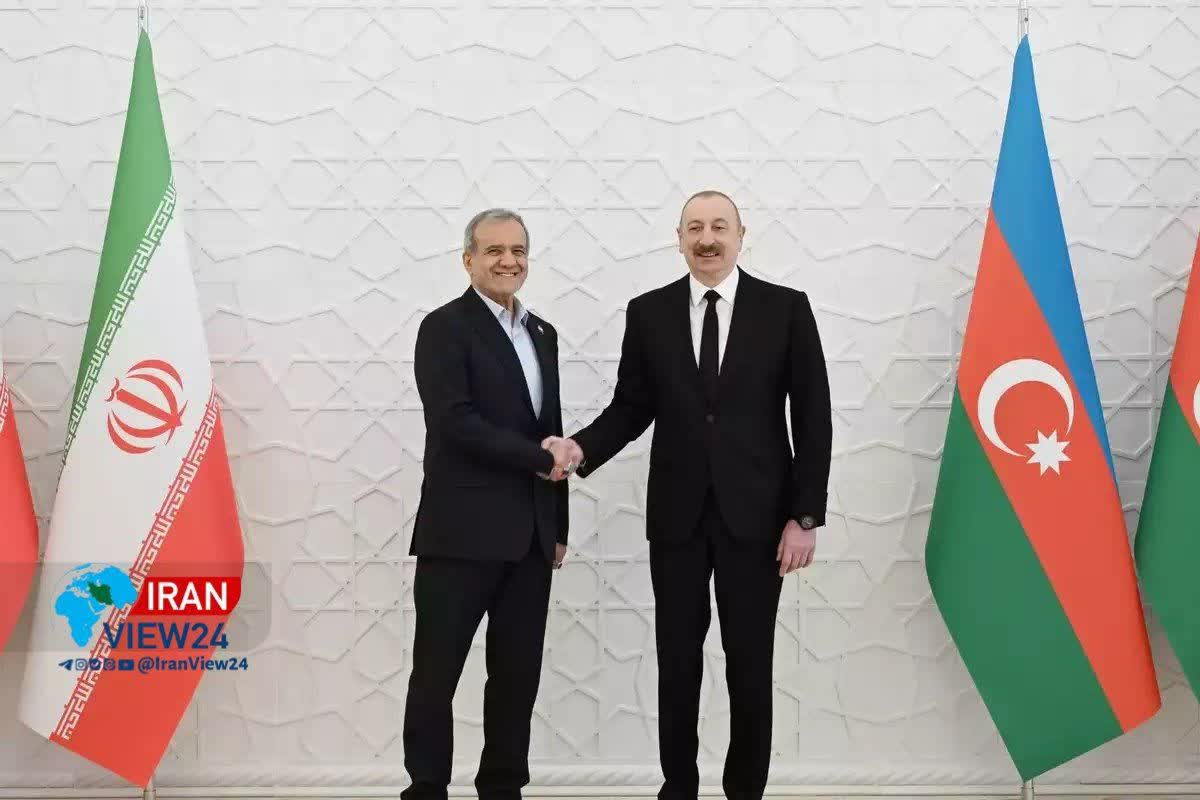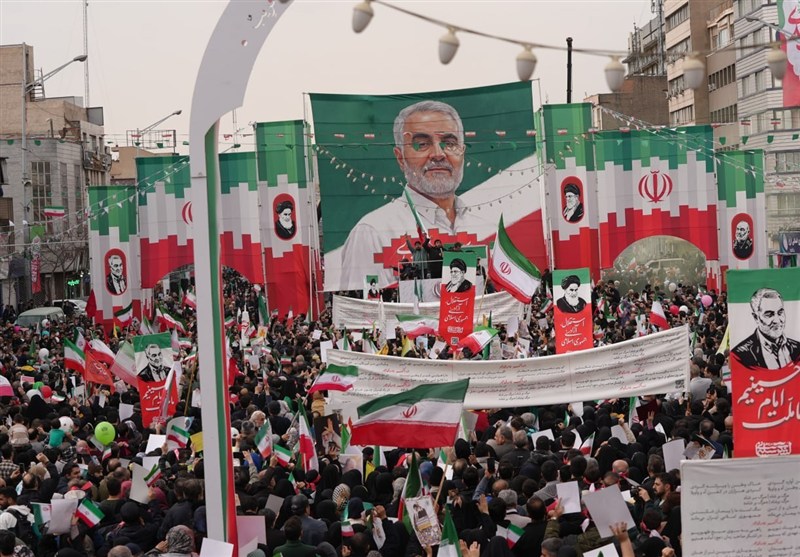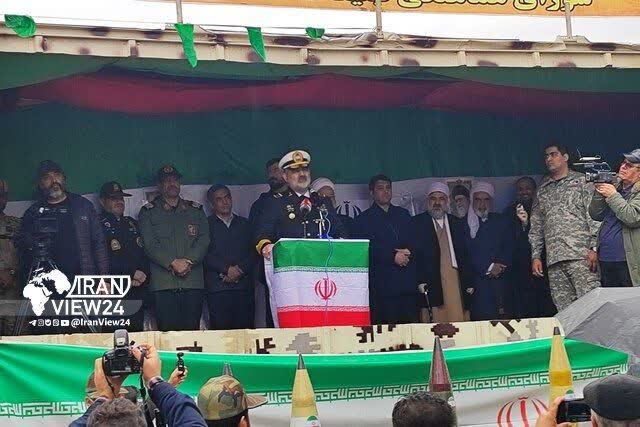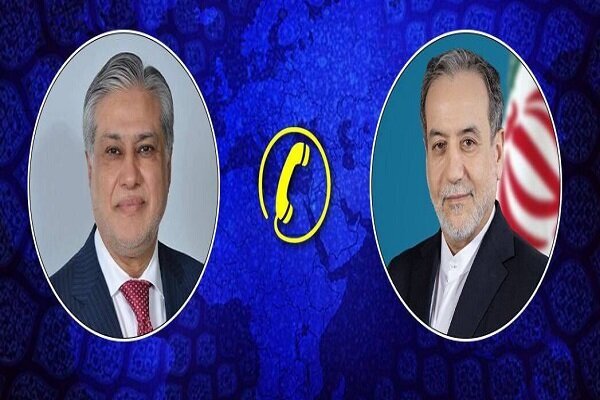The European Threat to Activate the Snapback Mechanism on the Eve of a New Round of Nuclear Negotiations Is Less a Legal Instrument Than a Psychological and Political Tactic to Increase Pressure on Iran. In such circumstances, Tehran’s diplomacy must rely on legal superiority, historical experience in the face of Western breaches, and the demand for tangible economic and security concessions, in order to prevent “threat” from replacing “agreement.” For only by maintaining the balance between legitimate rights and the requirements of negotiation can the path of balanced and sustainable dialogue be pursued.
Tehran – Iran View24
On Friday, August 22, 2025 (31 Mordad 1404), the Islamic Republic of Iran and the three major European countries (France, the United Kingdom, and Germany) agreed to resume nuclear negotiations next week. Abbas Araghchi, Iran’s Minister of Foreign Affairs, after a telephone conversation with his European counterparts, announced that a meeting at the level of deputy foreign ministers has been scheduled for next Tuesday.
However, shortly after these consultations, the “narrative battle” began from European officials. Johann Wadephul, Germany’s Foreign Minister, after the Iran–Europe conference call, while confirming the start of negotiations, warned that Europe is ready to activate the snapback mechanism unless Iran commits to a “verifiable and durable agreement.” He claimed: “Time is very short, and Iran must act seriously.” These remarks were echoed in similar language by the foreign ministers of France and the United Kingdom, as well as by Kaja Kallas, the EU’s foreign policy chief.
In response, Iran’s Foreign Ministry described this threat as “devoid of legal and moral validity” and emphasized that the European countries have no legal authority to activate this mechanism. Tehran warned that in the event of such an action, Iran will deliver an appropriate and decisive response. At the same time, Iran is preparing itself for the upcoming negotiations.
The new round of talks begins while the three European governments—who, in recent years, with U.S. support, have violated their JCPOA obligations—are now accusing Iran of “pursuing enrichment beyond the agreement” and claiming that Iran’s nuclear program—which has recently been targeted by aggressive U.S. and Israeli attacks—could be on the path toward weaponization.
This comes despite the fact that, during the 12-day imposed war by the U.S. and Israel against Iran, the International Atomic Energy Agency officially declared that Iran remains significantly distant from the capability to produce nuclear weapons. Earlier, in her March testimony, U.S. Director of National Intelligence Tulsi Gabbard affirmed that intelligence agencies had found no evidence of Iran seeking to build a bomb.
It should be recalled that Iran–U.S. negotiations last June were suspended after U.S. and Israeli attacks on Iranian nuclear facilities. Following these developments, Tehran, citing the IAEA’s biased and even legitimizing role regarding aggressive attacks, decided to suspend its unilateral cooperation with the Agency. The Islamic Republic of Iran has made clear that any future cooperation with the IAEA will only be possible within a new, balanced, and committed framework, and that Tehran has not closed the path of diplomacy.
As Ali Larijani, Secretary of the Supreme National Security Council, stated, Iran knows well that the West’s claim of “sincere diplomacy” is not genuine but rather a pretext and deflection. Nonetheless, Iran believes that restoring the West to adherence to international legal norms could prevent further collapse of global legal structures. In this regard, a temporary “legal pause” proposal could be useful for Iran—subject to acceptable conditions—in such a way that activation of the snapback mechanism is suspended while negotiations continue.
The major challenge, however, is that Europe, in line with its undeclared and pretextual objectives, seeks to accelerate Iran’s unilateral return to cooperation with the IAEA. But Iran’s return to full cooperation with the Agency cannot be hasty or without receiving new guarantees. Past experience has shown that the Agency has, in some cases, played a biased and even harmful role in shaping the atmosphere for aggressive actions. Therefore, any future cooperation must be conditioned upon guarantees for the security of Iran’s information, personnel, and infrastructure. Furthermore, Iran must insist on the establishment of quantitative and measurable benchmarks in the commitments of the other side; benchmarks which, in addition to technical transparency, will empower Iran to demonstrate its compliance.
In the economic dimension as well, Iran cannot forgo its legitimate rights. As a first step, it is Tehran’s right to insist upon immediate and tangible exemptions in the fields of insurance, shipping, and financial transactions for the provision of “energy–medicine–food.” These exemptions must be implemented on a 30-, 60-, and 90-day timetable so that concrete results are visible to domestic and international public opinion.
In the regional security dimension, Iran must emphasize that this issue is an inseparable part of the negotiations. Any military threat, the imposition of new sanctions in various fields, or explicit threats of snapback constitute Tehran’s red line.
Finally, Iran must reiterate its core message with strength:
The Islamic Republic of Iran’s nuclear program is inherently peaceful, and there exists no evidence of its militarization.
Relying on official international reports and testimonies, while simultaneously insisting on legitimate economic and security rights, can both provide Iran with a superior diplomatic position and once again demonstrate that, despite pressures, Iran remains a defender of logical and balanced dialogue.
The upcoming meeting at the level of deputy foreign ministers of Iran and the three European countries (France, the United Kingdom, and Germany), scheduled for next Tuesday, comes as Europe, alongside its declared readiness for dialogue, has also raised the threat of activating the snapback mechanism.
Nevertheless, Iran’s narrative must remain focused on the following principles:
-
Legal superiority in the face of illegitimate threats
-
Smart counter-pressure through technical and diplomatic tools, including maintaining Russian and Chinese channels
-
The demand for tangible economic and security concessions for the Iranian nation
In the previous round of negotiations, the United States substituted the removal of the threat of war for Iran’s legitimate right to sanctions relief. Now, Europe has replaced the West’s obligations to lift sanctions in exchange for Iranian cooperation with the question of whether international sanctions return or not. In this round, Iran must not allow “threat” to replace “agreement,” nor “the security card” to replace the country’s legitimate economic rights. The diplomatic path remains open—but only on the condition that the other side respects the rules of international law and demonstrates its commitments in practice.

